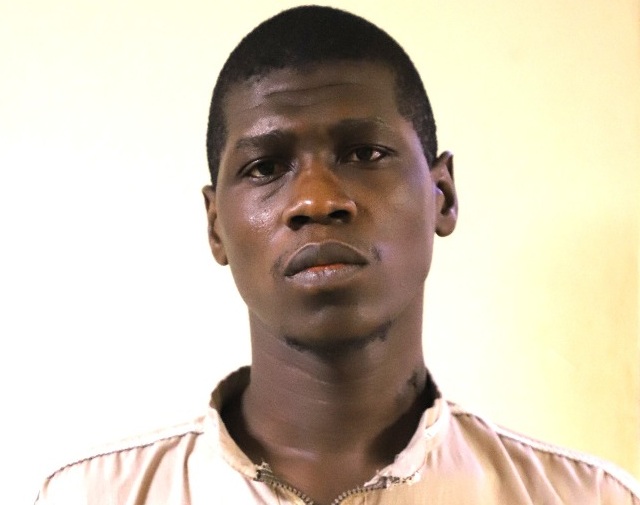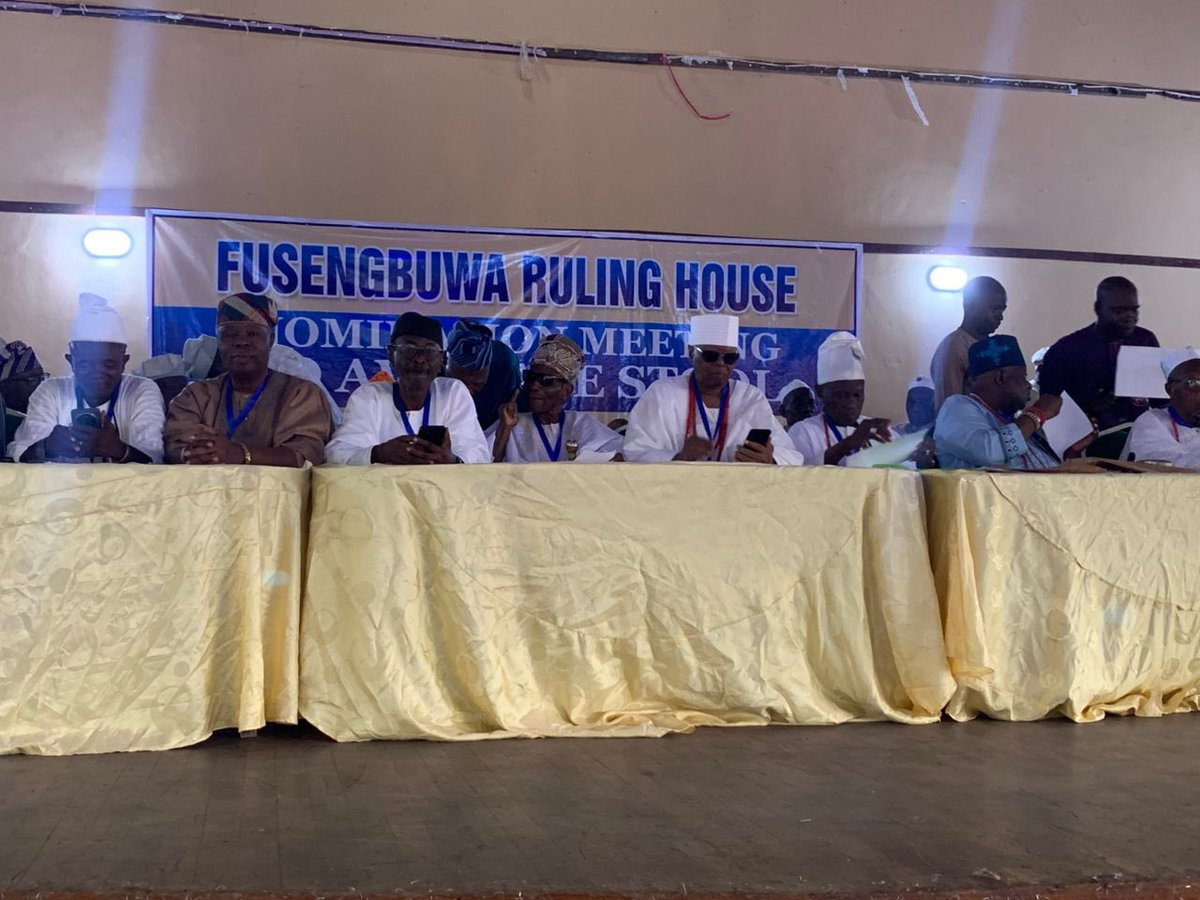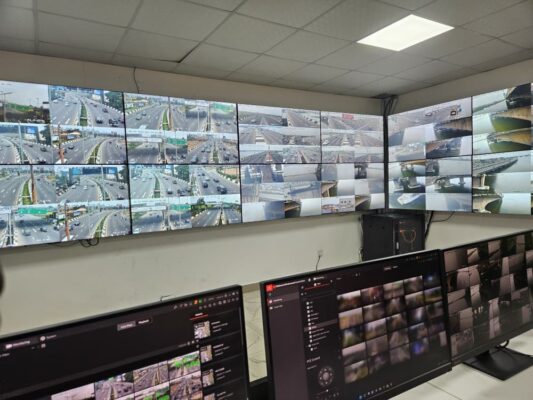ISWAP Commander Mai Tangaran Jailed 20 Years for Coordinated 2012 Kano Terror Attacks

A Federal High Court in Abuja has sentenced Hussaini Ismaila, also known as Mai Tangaran, a commander of the Islamic State West Africa Province (ISWAP), to 20 years in prison after he pleaded guilty to multiple terrorism-related charges.
Justice Emeka Nwite delivered the judgment on Tuesday, bringing to a close a case that had been delayed for years due to repeated appeals and a trial-within-a-trial to determine whether Ismaila’s statements were made voluntarily.
The prosecution described Ismaila as the mastermind behind a series of coordinated attacks across Kano State in 2012. The assaults targeted several police facilities, including the Police Headquarters in Bompai, the Mobile Police Base along Kabuga Road, Pharm Centre Police Station, and Angwa Uku Police Station, leaving several people injured and contributing to a surge of extremist violence in northern Nigeria.
Ismaila was arrested by the Department of State Services (DSS) on August 31, 2017, in Tsamiyya Babba Village, Gezawa Local Government Area of Kano State. He was arraigned on a four-count charge under the Terrorism Prevention (Amendment) Act, 2013.
During the trial, the prosecution called five witnesses, including DSS operatives and civilians who had witnessed the attacks. Initially pleading not guilty, Ismaila suddenly changed his plea to guilty after the fifth prosecution witness testified.
His lawyer, P.B. Onijah of the Legal Aid Council, appealed for leniency, noting Ismaila’s remorse and his willingness to plead guilty to avoid wasting the court’s time. Onijah said his client regretted his involvement in terrorism.
Justice Nwite convicted Ismaila on all four counts, sentencing him to 15 years on the first count and 20 years each on the remaining counts, with all sentences to run concurrently from the date of his arrest.
The judge further directed the Controller-General of the Nigeria Correctional Service to place Ismaila in a facility of choice and mandated that he undergo rehabilitation and deradicalisation before re-entering society.



